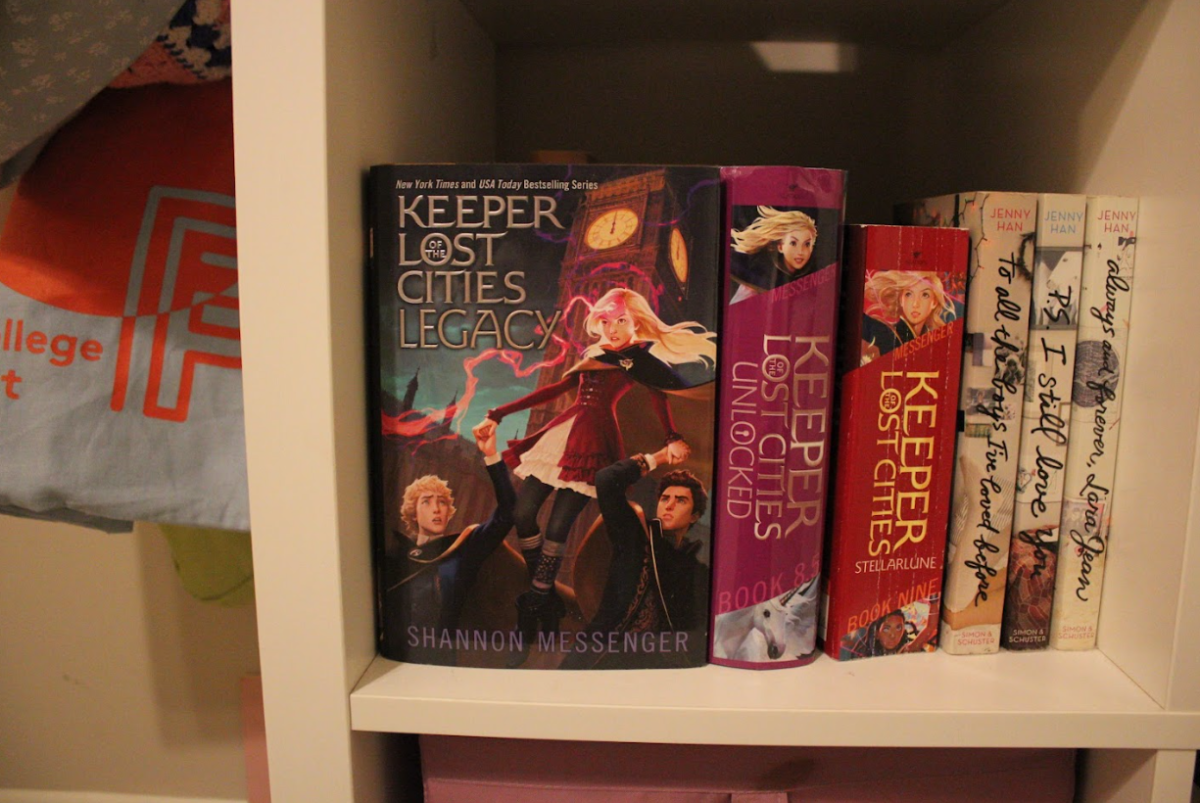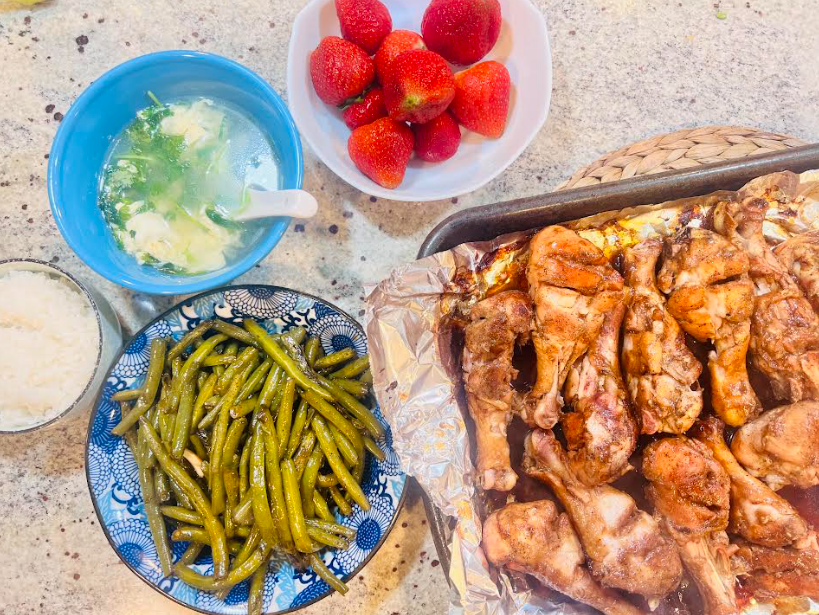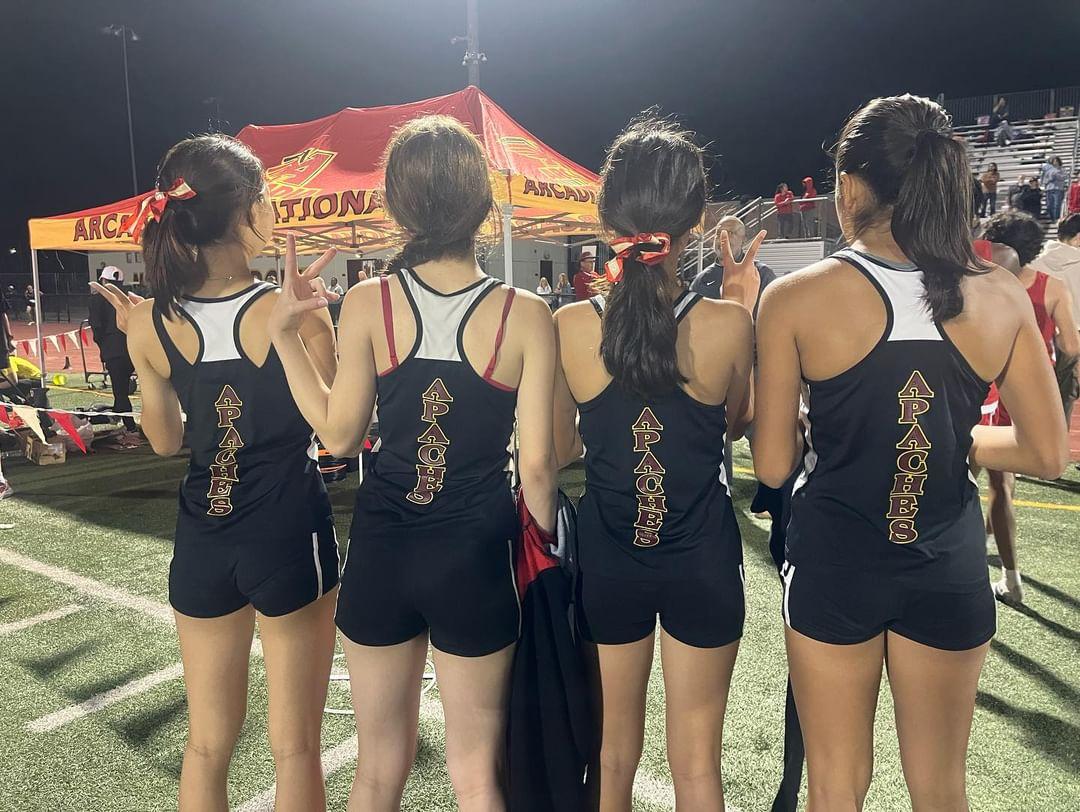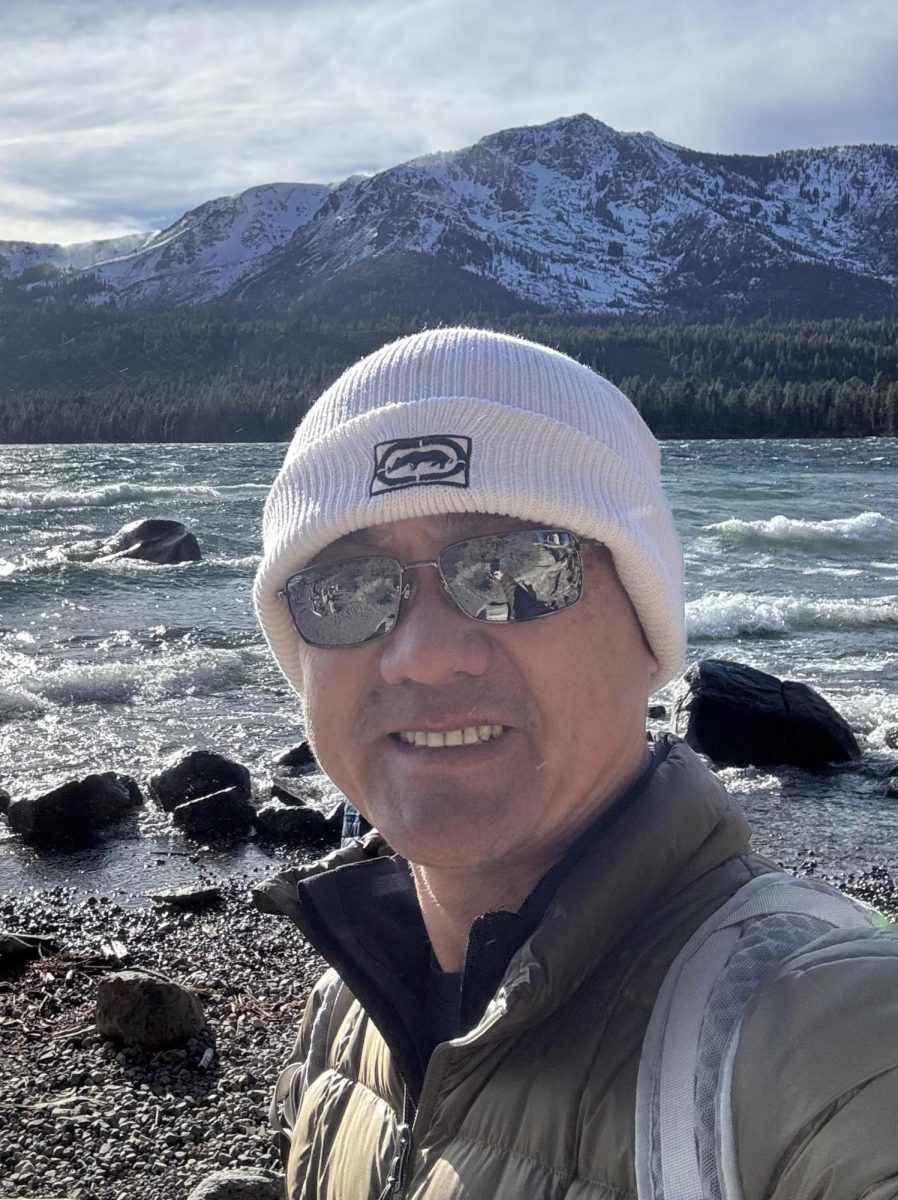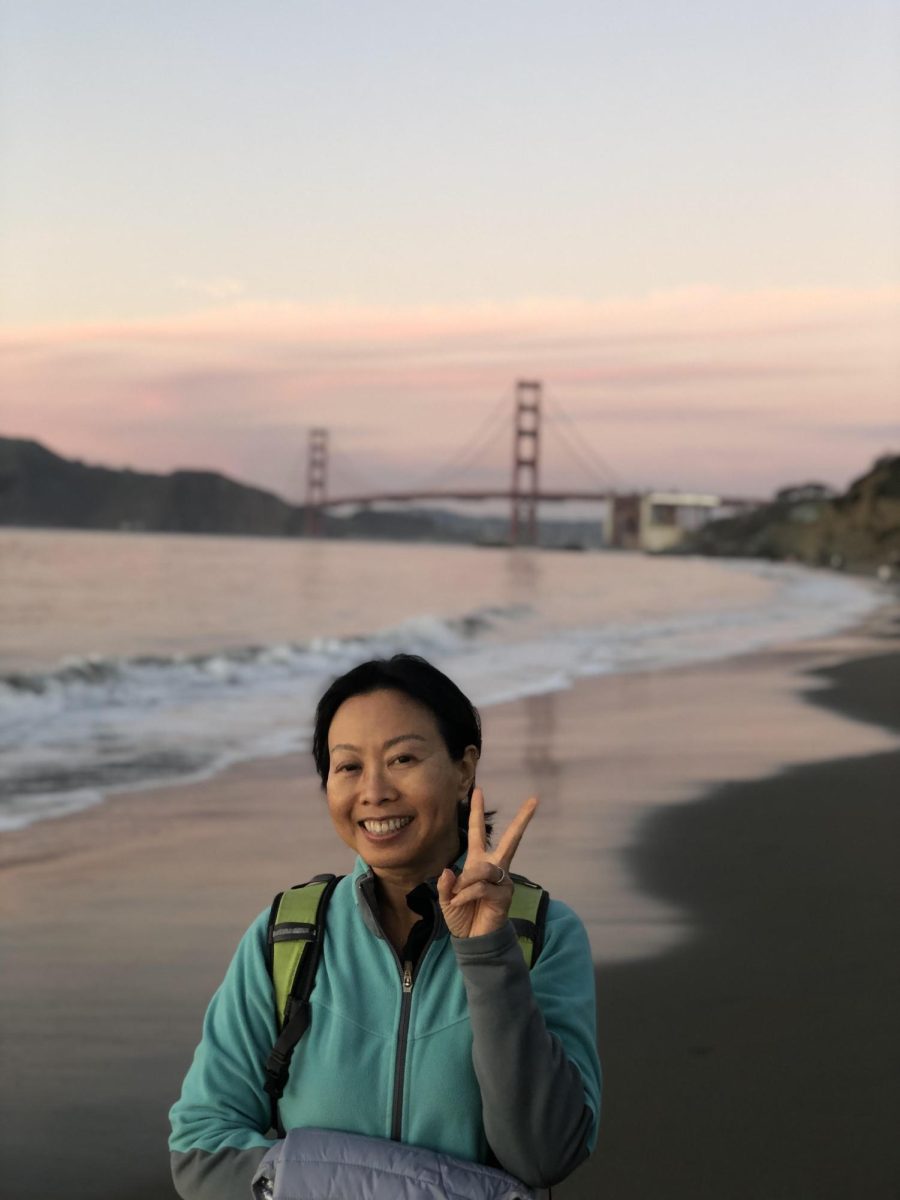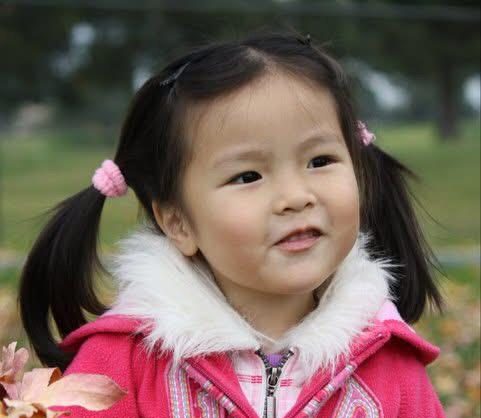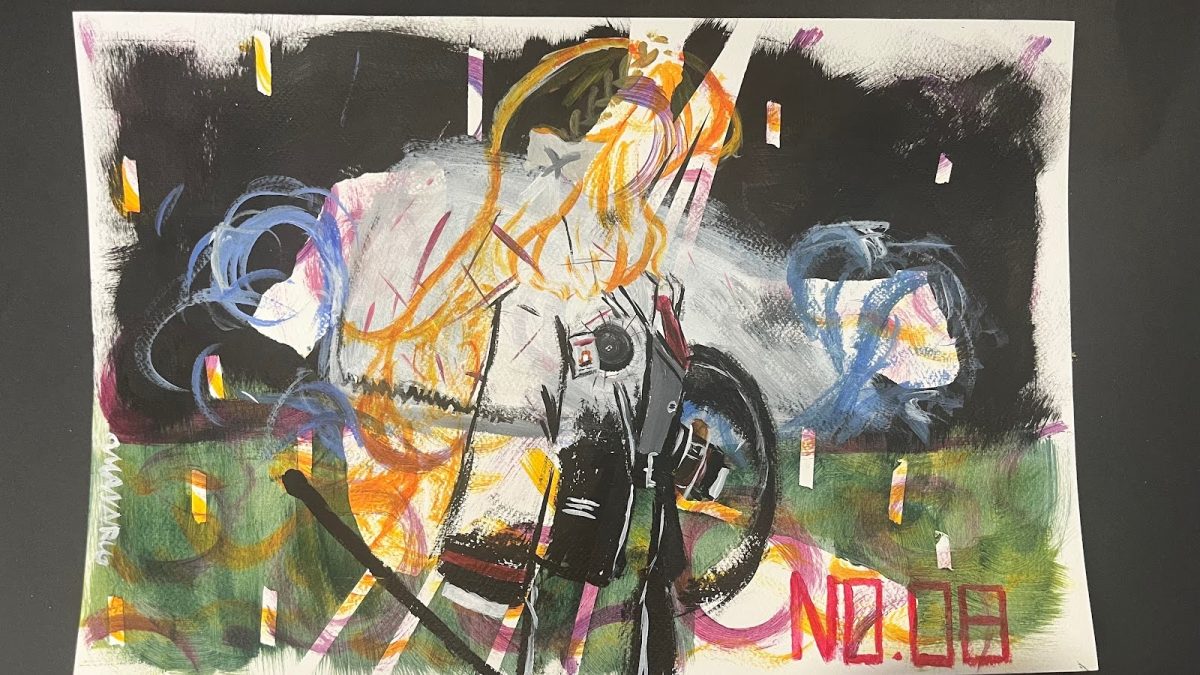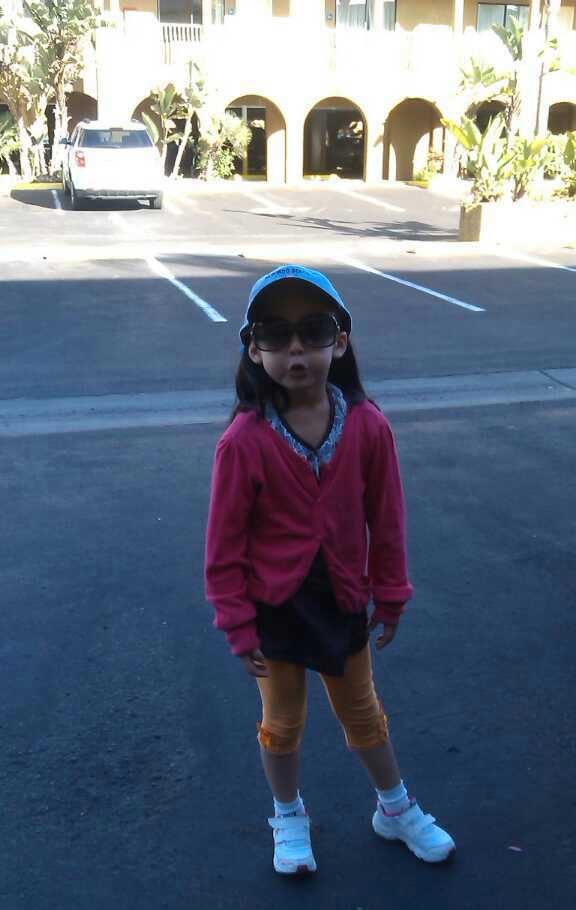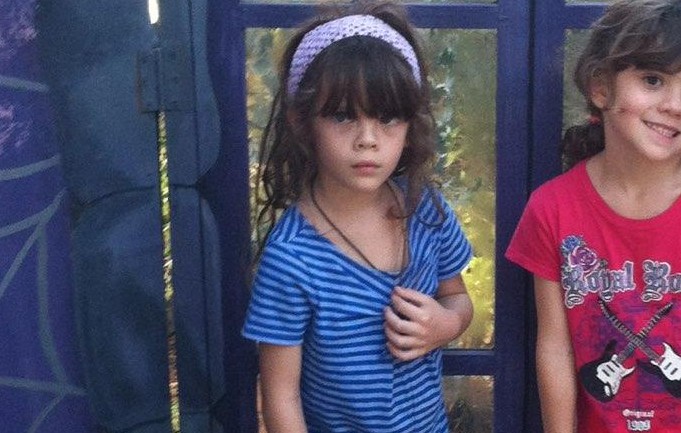I recall Book Talks at Highland Oaks Elementary School.
I had attended Book Talks for lively literary discussions with my peers for books like The City of Ember, Save Me a Seat, and The Seventh Most Important Thing, and our librarian had just announced a new read I felt eager to lay my hands on: Keeper of the Lost Cities, the first book in the Keeper series. Shannon Messenger’s charming read was about twelve-year-old Sophie Foster, a girl living in a human world who discovers her secret elvin identity.
As I read about Foster’s psychic superpowers and adventures in the elvin world, I found my fingers curling each page in anticipation and my eyes jumping prematurely to each chapter’s cliffhanger. Seven-year-old Caitlyn was dazzled. From the expressive writing style to each fantasy-filled sentence, I adored it all. During the Book Talk, I remember our librarian offering us a generous forkful of “mallowmelt,” a fictional layered dessert that she made from the novel resembling a sweet lasagna. It had melty chocolate chips and gooey marshmallows—heaven to the taste.
I recall quarantine during the COVID-19 epidemic: my humanities teacher gave my class an assignment to make up a six-word hashtag for our quarantine experience. Mine? “#MyBedIsNowABookshelf.” I’d read books in my bunk bed when I couldn’t sleep, and I’d leave them by my side, too tired to climb down the stairs to tuck them away. The book that kept me the most bedside company was a hardcover Keeper novel.
One time, during my quarantine Keeper craze, I even began reading the eighth book, Legacy, in the morning when I woke up and couldn’t put it down until nighttime when I had finished its 789 pages from cover to cover. I had the novel in one hand and my morning cereal in another; when I was in the shower, I even opened the book and pressed it to the glass so I could read it nonstop.
I recall many things, like rereading one of my beloved Keeper books after a time and my face falling. The writing didn’t seem to touch me the way it had when I was younger. I surprised myself when I thought it lacked maturity! I had never remembered it that way. It now seemed childish, cliche.
But as I was reading, one quote struck me.
“You don’t have to use your strength to know you’re strong.”
The words were like waves, resounding in a way that I hadn’t felt while reading the book when I was little. Up until this moment, I had felt pressured to prove my potential in a way that would be visible to others, but the phrase reminded me that my potential doesn’t come from them—it comes from me. They were words I needed to hear.
To the Keeper series, you’ve been different things for me at different times—a thoughtful discussion with my peers, a delicious marshmallow snack, a bedtime story, an everyday companion, and… a powerful epiphany. Thank you for reviving the little girl in me and for preaching my adolescent truths.

